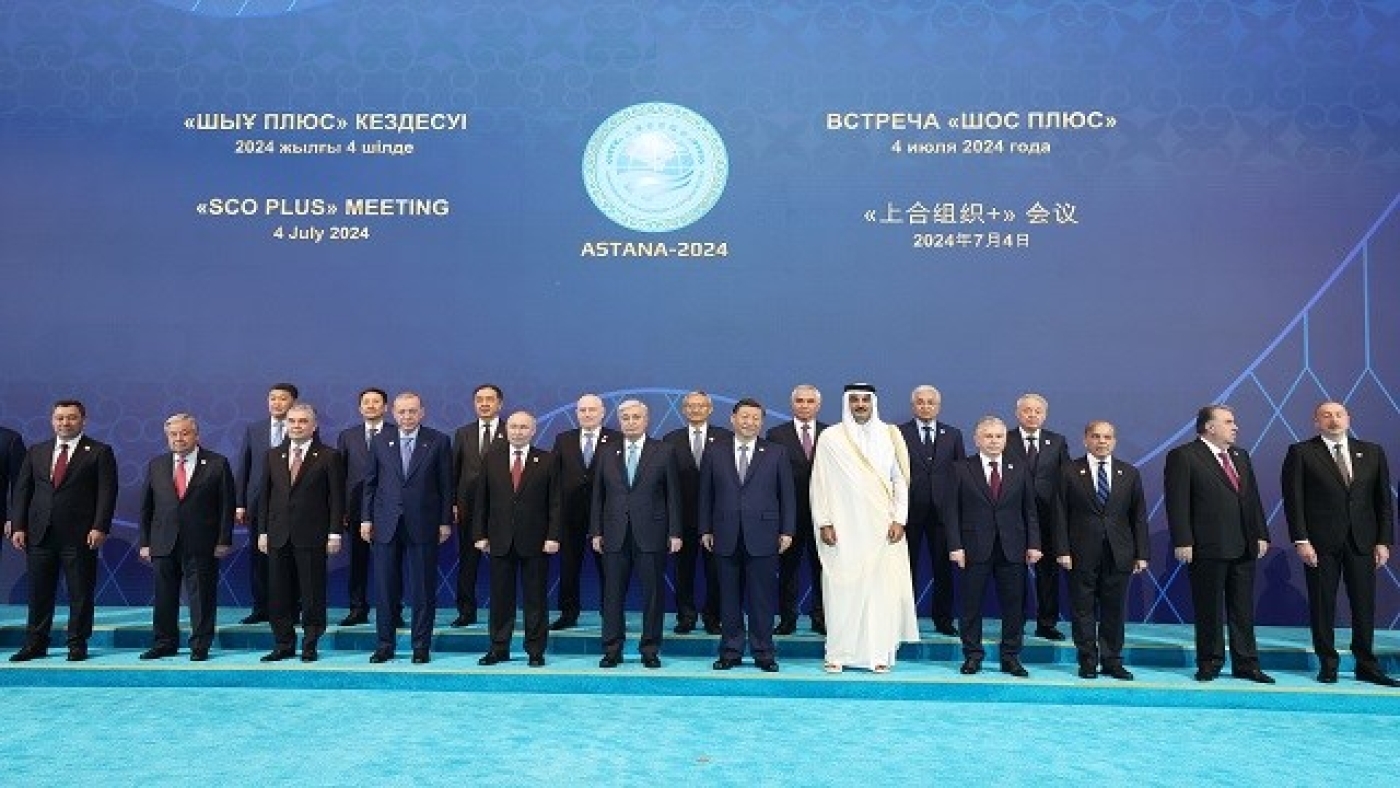


On July 4, Astana hosted the SCO summit, shaping the future development of Eurasian processes. These processes range from changes in energy supply routes to resolving issues between major players like India and China. The speeches of the state leaders highlighted that one of the summit’s key themes was to comprehend the shifts in global dynamics and to establish security principles in the Eurasian space. Therefore, referring to this event as merely the SCO summit understates its significance; it was truly an Astana Congress.
Vienna and Astana Congress
The Vienna Congress (1814-1815) was convened following the defeat of Napoleon Bonaparte with the aim of restoring the balance of power in Europe. It involved major European powers such as Austria, Britain, France, Prussia, and Russia. The primary goal was to reestablish territorial boundaries and prevent the resurgence of a single dominant power in Europe, thereby creating a framework for peace and stability post-Napoleonic Wars.
In contrast, the Astana SCO Summit, held on July 4, 2024, in Astana, was a significant event for the Shanghai Cooperation Organization (SCO). Key participants included China, India, Kazakhstan, the Kyrgyz Republic, Russia, Pakistan, Tajikistan, Uzbekistan, Iran, Turkmenistan, Azerbaijan, Belarus, Qatar, UAE, Türkiye, Mongolia. This summit addressed energy supply routes, security concerns, and regional cooperation in Eurasia, aiming to tackle contemporary global changes and establish principles of security in the region. Amid escalating global crises, Eurasian leaders gathered to find common principles defining inter-state relationships in a multipolar world order.
The Astana Congress, as it could be aptly called, encompassed more than the SCO Council meeting or the SCO Plus summit. The participation of 16 heads of state or government underscores the growing interest in the organization. This heightened international attention was first evident during the 2022 SCO summit in Samarkand, coinciding with the onset of the conflict in Ukraine. Despite widespread opinions in expert circles regarding the SCO’s ineffectiveness, the organization continues to attract significant interest. This can be attributed to its potential role in navigating the complex geopolitical landscape and addressing regional and global challenges.
SCO’s impact on transforming the Greater Eurasian Region
We are currently witnessing significant changes in Eurasian processes following the outbreak of the military conflict in Ukraine. These changes include the development of alternative transport corridors, the establishment of new energy transportation routes, the strengthening of emerging partnerships, and efforts to resolve long standing issues. These dynamics are particularly evident during the SCO summit in Kazakhstan.
On July 4, the foreign ministers of India and China met to discuss the Line of Actual Control in Eastern Ladakh, aiming to stabilize bilateral relations. Both sides agreed that prolonging the border situation is detrimental. The Indian minister emphasized the need to expedite disengagement in East Ladakh and restore peace and tranquility by adhering to bilateral agreements.
Separately, Russian President Vladimir Putin met with President Recep Erdogan of Türkiye. The leaders exchanged views on political issues such as the situation in Syria, the crisis in Ukraine, and the grain deal. Notably, after the SCO summit, Erdogan will attend the NATO summit, where he will continue his mediation role between Russia and Ukraine.
Additionally, there have been other important meetings, decisions and proposals. For instance, Azerbaijan and China adopted a declaration on strategic partnership, and the Chairman of Khalk Maslakhaty of Turkmenistan proposed the construction of a gas pipeline through Afghanistan.
Conclusion
The recent SCO summit in Astana was a pivotal event highlighting the global redistribution of power and the shaping of future Eurasian processes. It addressed significant issues like energy supply routes, security concerns, and regional cooperation amidst escalating global crises.
The summit underscored the importance of establishing principles for inter-state relationships in a multipolar world, reminiscent of the 1975 Helsinki Final Act. Key declarations, such as advocating for a weapons-free space and supporting UN reform, were made. The summit also facilitated crucial bilateral discussions and new strategic partnerships, reinforcing the SCO’s potential role as a stabilizing force and a guarantor of peace and security in the Eurasian continent.